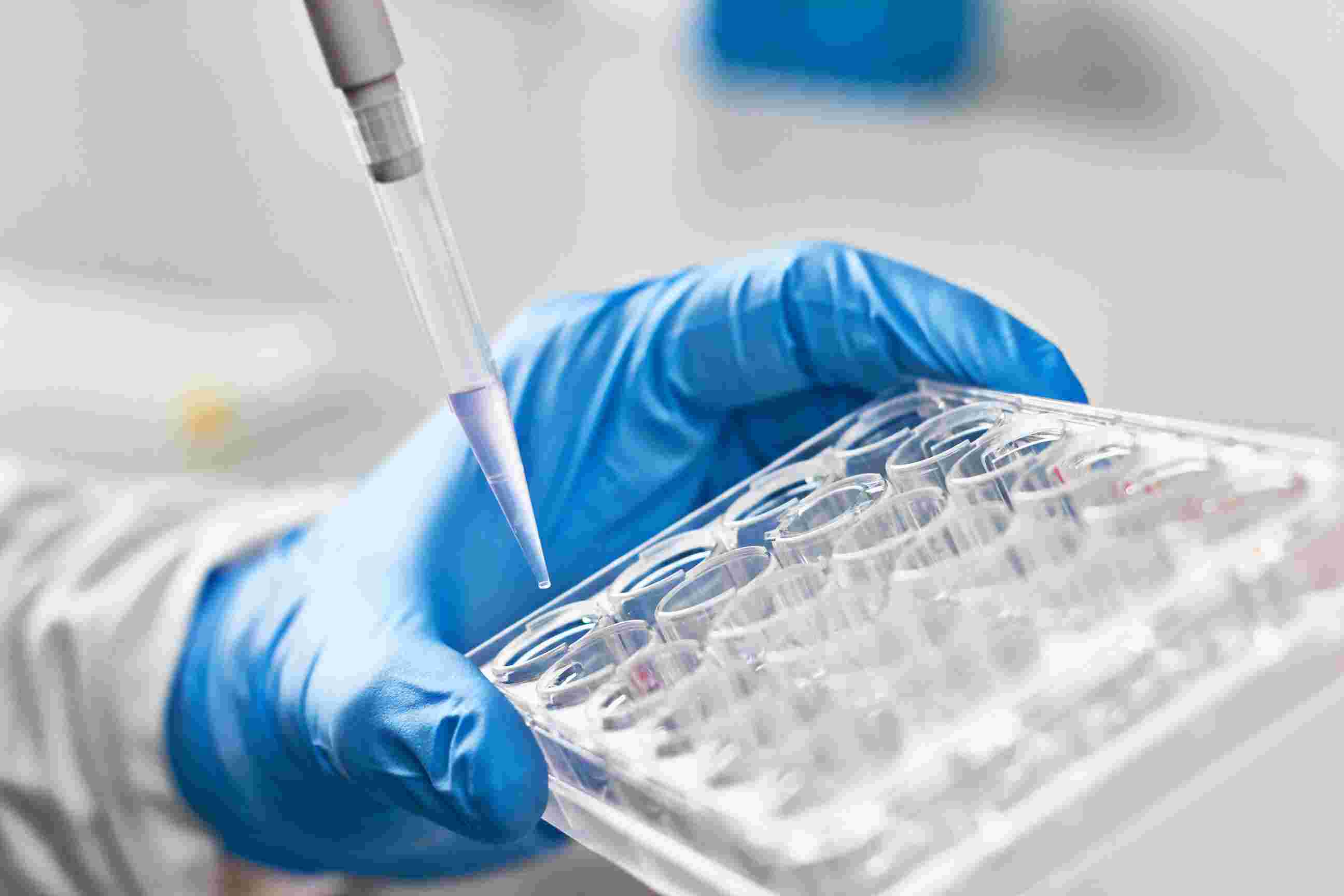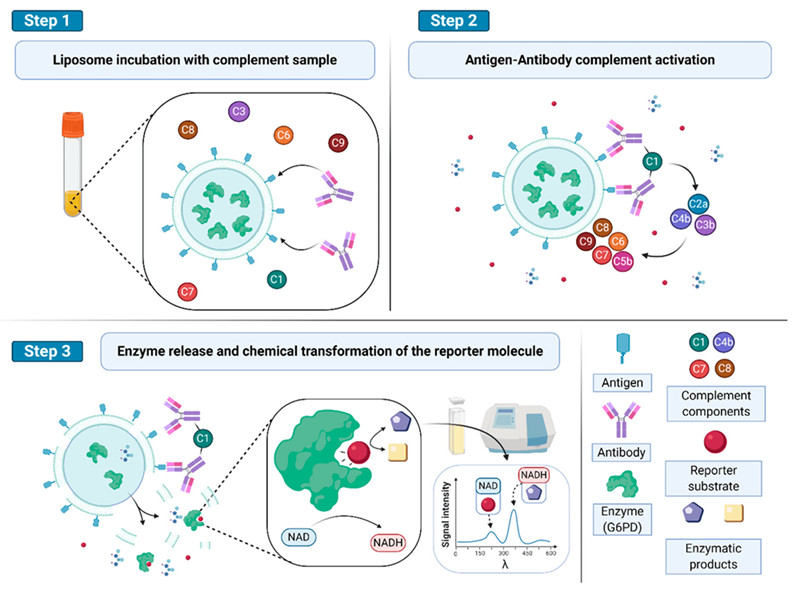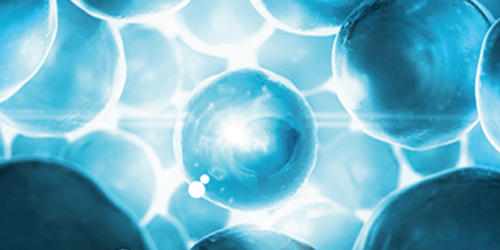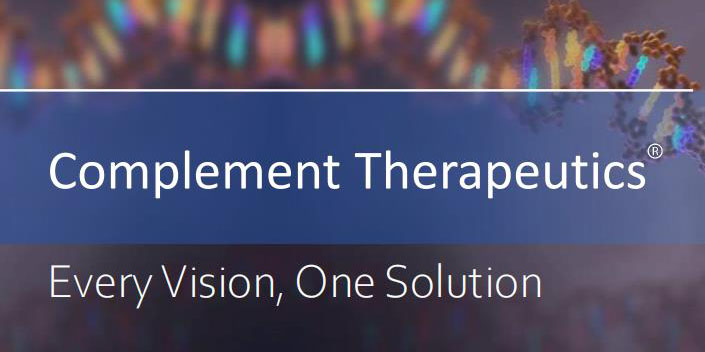Background Services Overview Protocols Related Products Published Data Q&A Resources
Background
Creative Biolabs is a leading diagnostic service company with a robust and standardized complement
assay platform, supporting pre-clinical research in complement field. We offer a full range of complement
function or activity test services and use high-quality standards in all operations, including the testing
procedures and delivery reports. Our specialized and dedicated team is available to support our clients with
R&D, pre-clinical development programs.
Why Do Test for Complement Function or Activity?
Complement function or activity tests are developed to find patients suffering from complement deficiency.
Deficiencies in complement components and their regulatory molecules have been reported in a variety of
diseases, such as recurrent infections, autoimmune and renal diseases. Today, these tests are also widely used for
drug development of new complement-targeted drugs. Therefore, functional or activity tests are of great
importance to screen complement defects and complement-targeted drug development.
Services Overview
Complement Function/Activity Test
Complement function or activity test allows for the determination of whether the protein is present and whether
it has normal functional activity. In general, the measurement of the function or activity of complement in
serum or plasma can be divided into three main categories: a) total complement function or activity test;
b) individual components activity test; c) complement activation products test, including split
products and protein complexes.
a) Total Complement Activity Test

The total complement activity contributes to a comprehensive understanding of the activation status of the
complement system to better define disease occurrence, severity, and response to treatment. Therefore, the total
complement activity test has very important clinical value in the diagnosis and subsequent treatment of
complement-related diseases. The most common methods for testing the functional activity of the complement system
include hemolysis assays, liposome lysis, and enzyme-linked immunosorbent assays (ELISAs).
b) Individual Components Activity Test
Regardless of functional activity, individual complement components can be measured by immunodiffusion (RID) or
nephelometer techniques, ELISA or Western blot. In routine testing, the most commonly measured complement components
are C3, C4, and B factors, followed by C1 inhibitors and other components to verify the diagnosis of
complement-associated diseases. In most cases, these immunochemical assays can be used as an alternative to
functional tests for individual components. If a defect can be verified by immunochemical methods, further
functional tests are not required. If the immunochemical assay does not show any deficiency, a functional test must
be performed to further verify the diagnosis. The most common method of detecting the functional activity of
individual complement components is to test the sample's capability to reconstitute the haemolysis activity of serum
lacking the protein. In order to finally prove that only one component is missing, purified functional active
components can be added to the serum to restore the haemolysis activity of the corresponding pathway.
c) Complement Activation Products Test
Generally, total haemolysis activity and individual component measurements can be used as first-level screening
techniques, but they are not sufficient to detect pathologically increased complement activation. The complement
activation products are only produced when complement is activated, so the complement activation
products test can reflect the actual activation state of the complement system under pathological conditions.
Over the past two decades, highly specific monoclonal antibodies have been generated that recognize only neoepitopes
exposed in the activation product, which enables direct capture of complement activation products by ELISA
or high-capacity immunosorbents without the interference of the nonactivated component. A number of complement
activation products have been tested by this method, including the classical pathway (C1rs-C1 inhibitors, C4d and
C4bc), alternative pathways (Ba, Bb, and C3bBЬP), C3 (C3a, iC3b/C3bc, and C3d) and terminal reactions sequence (C5a
and sC5b-9).
Different types of assays are available in Creative Biolabs:
-
Haemolysis Inhibition Assay
-
Complement Inhibitor Validation
-
Receptor Ligand Binding Assay
-
Cell-based Complement Activity Assay
-
Anticomplementary Activity Assay (ACA)
Creative Biolabs has years of experience in in vitro complement testing with human and
animal serum, providing high-quality complement function or activity test services that not only detect
complement deficiencies of all three pathways selectively and reliably, but also be used to evaluate complement
activation in research applications.
In addition, we also provide our customers with other complement testing services for specific disease’ diagnosis as
well as various CRO services. If you want to know more, please feel free to contact us.
Protocols
Complement Function Analysis Protocols
Haemolysis Assay Protocols for Individual Component
Hot Complement Assay Reagents
Published Data
 Fig.1 Assessment of complement and antibody activity in blood specimens.1
Fig.1 Assessment of complement and antibody activity in blood specimens.1
Liposome lysis serves as an analytical method to evaluate serum's total complement system, a pivotal component of the immune defense comprising 20 serum proteins. This evaluation is crucial for diagnosing disorders like rheumatoid arthritis and congenital complement deficiencies. The technique utilizes dinitrophenyl (DNP)-tagged liposomes undergoing immune-mediated lysis via complement action. This process is quantifiable by spectrophotometric measurement, facilitated by the enzymatic conversion of glucose-6-phosphate by glucose-6-phosphate dehydrogenase (G6PD) encapsulated within the liposomes.
Resources
Reference
-
Sforzi, Jacopo, Lorenzo Palagi, and Silvio Aime. "Liposome-based bioassays." Biology 9.8 (2020): 202. Distributed under Open Access license CC BY 4.0, without modification.
Questions & Answer
A: The specific requirements for sample testing may vary depending on the experimental setup and study objectives. In general, you will need to provide a blood sample from the study subject, which should be collected in a special tube that prevents clotting. This is then processed in the laboratory to isolate the serum or plasma containing the complement protein. The duration of the test period may vary, depending on the specific experimental design, the protocol followed, and the type of complement function/activity test being performed. In general, the duration of the test can range from a few hours to several days.
A: Complement function/activity tests are used in drug development to evaluate the efficacy and safety of potential complement-targeting therapies. These tests can help determine the optimal drug dose, route of administration, and dosing schedule, as well as monitor the potential adverse effects of the therapy on the complement system. Future applications of complement function/activity tests may include the development of personalized medicine approaches for complement-related diseases, the identification of novel complement-targeting therapies, and the monitoring of the complement system's activity in real-time in patients with acute inflammatory conditions or infections.
A: We ensure reliability through rigorous procedural adherence and advanced technology used in our labs. Our team of experienced professionals perform each test with precision and observes strict quality control measures. However, as in any scientific experiment, it is always advisable to conduct multiple tests for verification and reliability.
A: The cost of the service may vary depending on various factors like the type of complement functions being tested, the number of samples, etc. We recommend contacting our customer service for a precise quote based on your specific needs.
A: Yes, our service includes comprehensive support in interpreting the test results. Our team of experts is ready to help clarify any ambiguities you might have about the results and provide deeper insights into the data received.
For Research Use Only.
Related Sections:


 Fig.1 Assessment of complement and antibody activity in blood specimens.1
Fig.1 Assessment of complement and antibody activity in blood specimens.1


